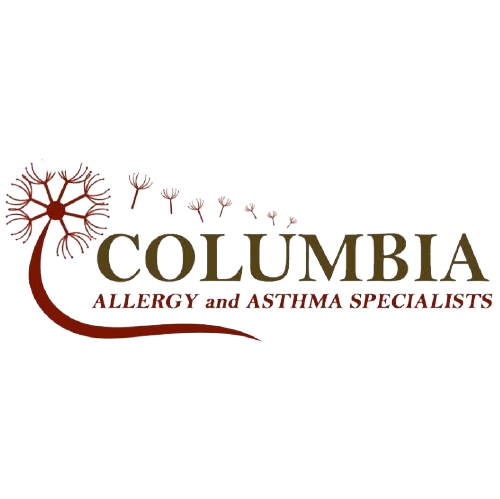Everyday I see patients that have eczema. Kids, teens and adults. Some have had it for years, others have a new onset of symptoms. Many factors come into play on “why” someone develops eczema. As with other allergy disease states, there needs to be a genetic factor involved. Somewhere in your family history, someone has had it. It may be your mother, father, grandparent or all of them. The other factor is exposure to an offending trigger. Many times, the offending trigger is a food.
The earlier in life someone develops eczema, the more likely they are to develop the “allergic march”. This is the development of eczema, allergies and asthma that is so closely related in children that present with early onset of eczema. Infants can even present with eczema that are being breastfed. They are being exposed to a food protein that mom is eating that they are allergic to. The most likely offending food for infants is cow’s milk, eggs, nuts, peanuts, wheat, soy, fish, and shellfish.
The most recommended treatment for eczema related to a food trigger is avoidance. Removing the offending trigger often completely resolves the presenting eczema. This becomes more difficult if there are multiple food allergens. Careful consideration must be taken to make sure the nutritional needs are being met while trying to prevent the reoccurrence of eczema. Dieticians may need to be used in these circumstances.
Dermatologists recommend things like bleach baths to help decrease the number of bacteria on the skin to prevent staph infections that can happen with open skin areas. Unfortunately, these can dry the skin and make the symptoms worse. Other recommendations have been to limit baths. The thought here is to not dry the skin out, or irritate it with soaps etc. These thoughts are now being reconsidered.
National Jewish Hospital has a skin care center designed specifically for research, development and recommendations for the treatment of skin conditions such as eczema. They have a very simple philosophy. Moisture, moisture, moisture. The more you hydrate the skin, the healthier it is.
Bath soaks (minimum of 20 minutes) is recommended as often as possible. It takes the skin 20 minutes to absorb the moisture from a bath. After bathing, blotting the water off is better than scrubbing it off and then applying a thick emollient cream to lock in that moisture. This is key in prevention of reoccurrence of symptoms once controlled. For areas that are flared, application of low, medium or high dose steroids can be used if the face is avoided. For the face, other medications are available such as non-steroids. At times wet to dry wraps can be used with or without medications.
Healing of the skin is the most important goal in the treatment of eczema.
